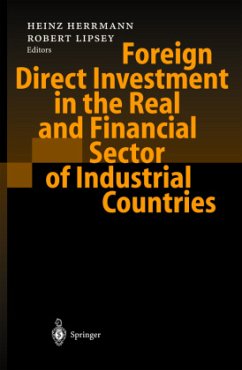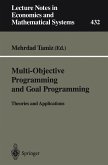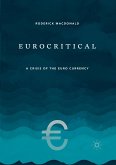The international integration of national economies is a dominant feature of the present time. This book brings together papers on the determinants and consequences of foreign direct investment (FDI) in the real and financial sectors of industrial countries. It sheds new light on the determinants of FDI, in particular the role of governmental incentives. Another main topic of this volume is the role of FDI in the east European accession countries. It provides insights into the question of whether EU enlargement will have consequences for capital flows into those countries. Since the start of European monetary union the discussion on cross-border mergers in the European banking industry has intensified. The final part of the book contains contributions to this debate.
From the reviews:
"The book covers a broad range of empirical FDI issues ... . In an excellent introduction, the editors assemble the chapters in a way such that this coherent overall picture emerges. Discussions after almost every chapter by many high-profile economists enrich the book further. The book is an obligatory reading both for students and economists who want to gain an overview over facts and literature on empirical FDI research, as well as researchers who want to obtain an update from the research frontier ... ." (Dieter Urban, Review of World Economics, Vol. 140 (2), 2004)
"The book covers a broad range of empirical FDI issues ... . In an excellent introduction, the editors assemble the chapters in a way such that this coherent overall picture emerges. Discussions after almost every chapter by many high-profile economists enrich the book further. The book is an obligatory reading both for students and economists who want to gain an overview over facts and literature on empirical FDI research, as well as researchers who want to obtain an update from the research frontier ... ." (Dieter Urban, Review of World Economics, Vol. 140 (2), 2004)








